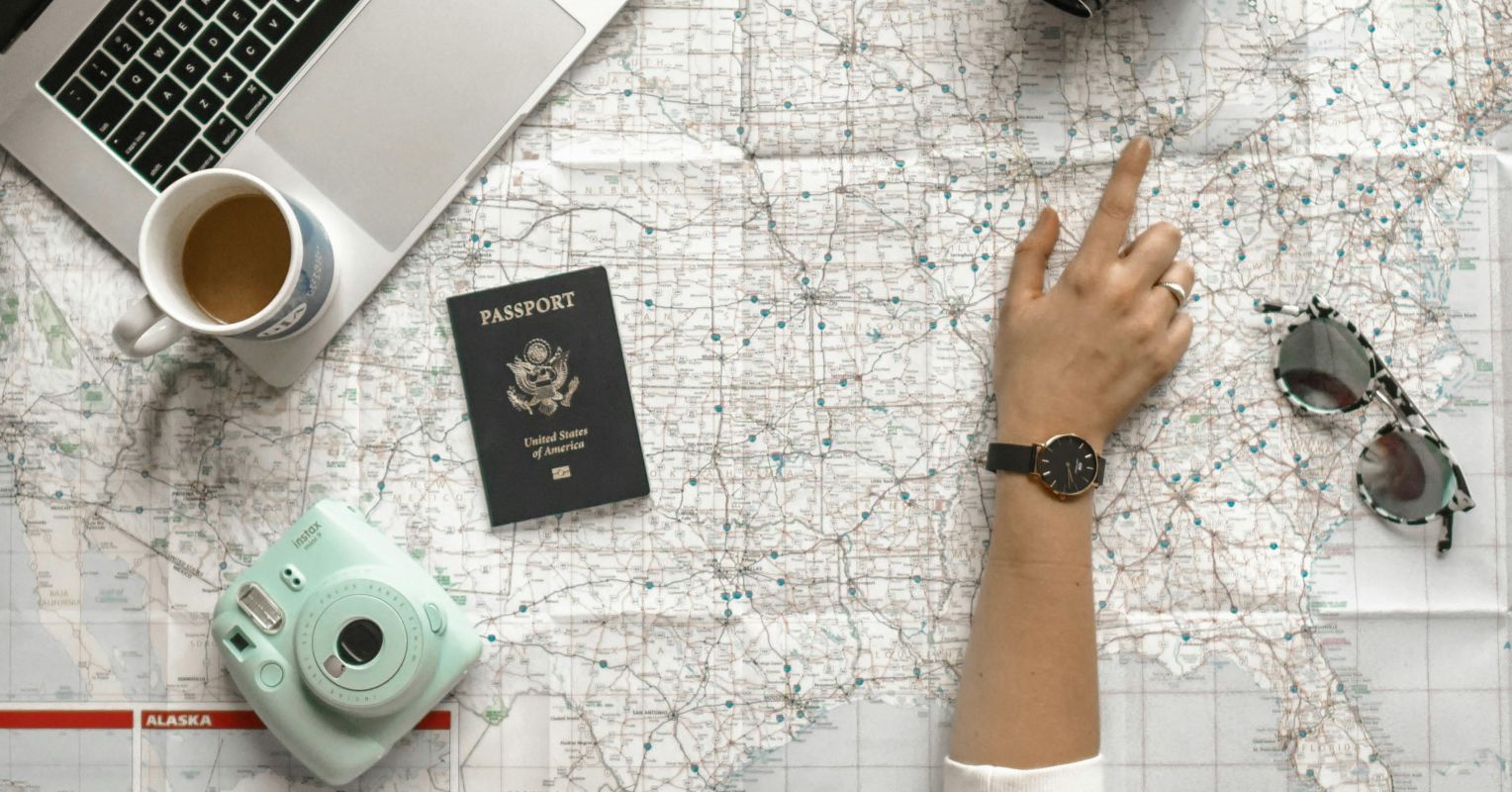For beloved European travel expert, Rick Steves, embarking upon the Hippie Trail at the young age of 23 proved to be a catalyst toward a career centered around the joys of travel. The Hippie Trail was a right-of-passage for free-spirited youth in the 60s and 70s —an overland route from Europe through the Middle East and India, with a final destination in the Himalayas of Nepal. For Steves, the journey was filled with adventure, cultural diversity, humility, and enough discomfort to push him toward a new appreciation for the way much of the world lives — a far cry from the comforts of the Western world. At the end of it all, he decided to set aside his work as a piano instructor and pursue a travel business – and the rest, as they say, is history.
While Steves has dedicated his life to encouraging Americans to set out on travel adventures in Europe, adopting an openness and interest in exploring the world beyond the borders of the United States, it is undeniable that traveling can be stressful. One study reported that as many as 11.3% of travelers experience some mental health issues, most often symptoms of anxiety. Navigating culture shock and isolation can be a challenge for travelers, as can the inherent unpredictability of travel. Other factors like jet lag, increased alcohol consumption, high altitude destinations, and underlying mental health conditions are risk factors for experiencing mental health concerns on the road. In fact, “suicide tourism.” whether planned or unplanned, is one of the leading causes of death among international travelers (Flaherty et al., 2020).
While traveling can increase stress and anxiety for some, clear, comprehensive travel information; quieter, calmer, and less crowded means of travel; and ample planning and preparation can help mitigate many of these effects (Mackett, 2021). Adhering to a routine while away from home can also protect your mental health while traveling (Flaherty et al., 2020).
The benefits of travel, however, are numerous, and much more research can be done to further explore the ways that travel can benefit our overall health, mental health, and quality of life. The opportunity to develop foreign language skills, foster cherished memories, boost self-esteem, and break out of the monotony of daily life are only a few of the benefits cited by researchers (Flaherty et al., 2020).
Getting a break from work responsibilities can reduce stress, and studies have found that travelers benefit from the sense of control they gain while on vacation, leading to direct and indirect effects on overall life satisfaction after traveling (Chen & Petrick, 2013).
The stress-reducing effects of traveling may be short-lived, however. According to research, the positive effects of taking a vacation may be totally diminished within a matter of days, as one returns to their workload (Chen & Petrick, 2013). The memories, however, last a lifetime, and the urge to travel again soon is imminent, particularly for those who have a good experience abroad.
While more research needs to be done to understand the health benefits of travel, studies suggest that active people are more likely to travel in the first place, and participate in more activities while on vacation, which results in higher life-satisfaction (Chen & Petrick, 2013).


